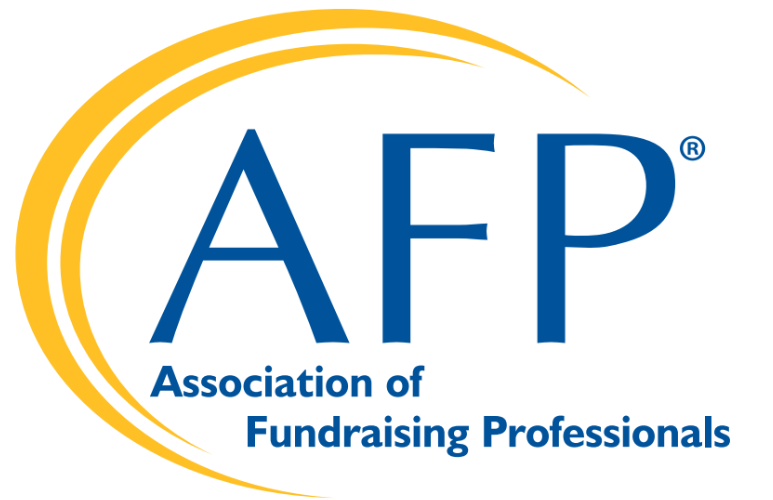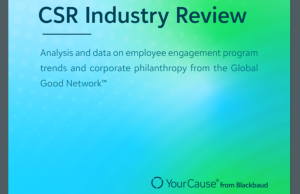The Association of Fundraising Professionals (AFP) has formed a task force to craft a fundraiser bill of rights designed to protect workers from sexual harassment, bullying, and bias discrimination from both donors and co-workers.
The task force launch has roots in the #MeToo, #BlackLivesMatter and Diversity, Equity and Inclusion (DEI) movements, and sobering findings in a survey of AFP members released earlier this year.
Of 1,783 survey respondents, 76% of the fundraisers reported being sexually discriminated against during their career, either through gender hostility, unwelcome sexual attention or sexual coercion. Some 23% of the respondents reported sexual coercion by being asked or pressured by employers to dress provocatively or put themselves in positions of being vulnerable to sexual harassment in order to obtain donations.
Chaired by Rebecca Lamb, CFE, senior director of development for Planned Parenthood Gulf Coast in Houston, Texas, and Liz LeClair, CFRE, director of advancement for Nova Scotia SPCA, the task force will move through three phases in developing the bill of rights, expected to be completed in 2023. The phases are:
- Phase I: Pre-draft phase when co-chairs and committee members yet to be named will hold listening sessions and collect feedback from key stakeholders.
- Phase II: First draft of the bill of rights will be completed and a survey to the AFP’s 26,000 members will be distributed to collect feedback.
- Phase III: Ratification and endorsement of the bill of rights by AFP’s Board of Directors.
Michael Nilsen, vice president of communications and public policy for AFP, called the future bill of rights “an aspirational document” that, however, wouldn’t be legally enforceable. “It’s a way to empower fundraisers and develop a baseline of expectations of what fundraisers need to be successful,” Nilsen said.
The survey included a finding that organizations need to be concerned with workplace inclusion and the degree to which employees from different social identity groups feel they belong and are valued. About 12% of the survey respondents believe that whites and BIPOC are not treated equally in the workplace and only 66% of LGBTQ+ fundraisers agreed that minorities and non-minorities are equally respected in the workplace.
The final document will address critical topics fundraisers might encounter on the job such as bias, racism, sexual harassment and bullying.
“Over the last several years, the pendulum has begun to swing back as fundraisers more closely examine their work environments and the responsibilities and pressures that have been placed on them. We are questioning not only how we have been working, but also the manner in which we do our work,” said AFP President and CEO Mike Geiger.









